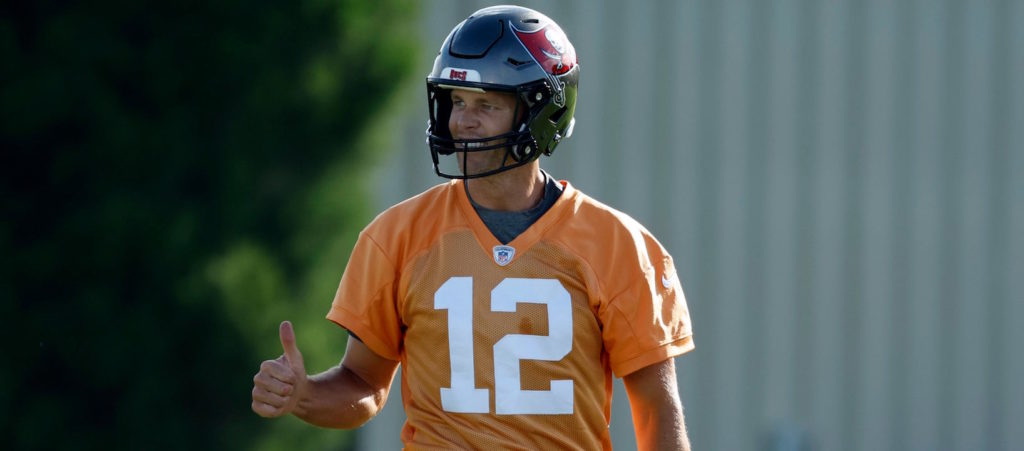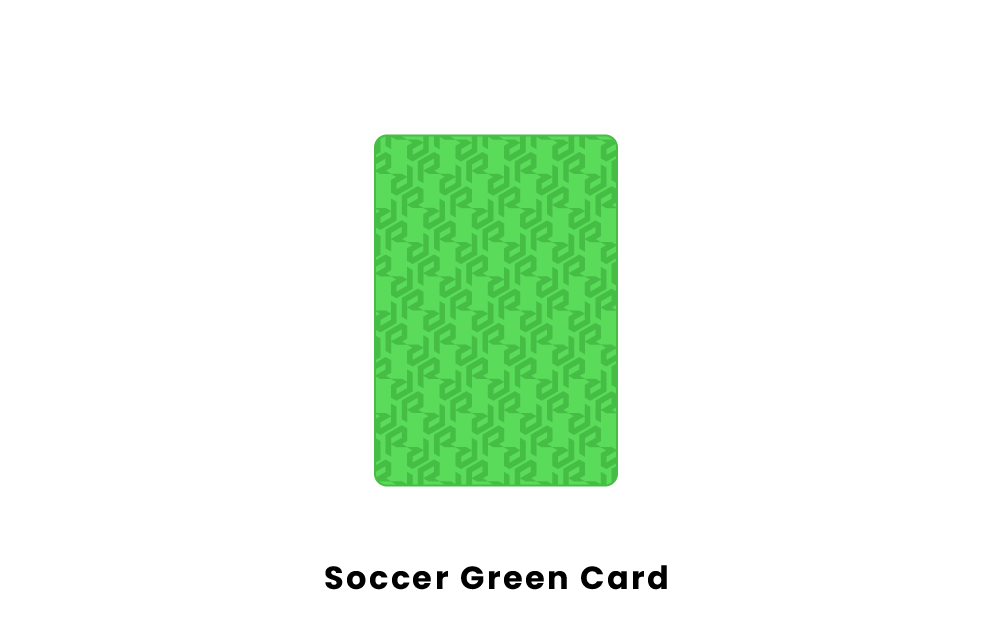
A fullback is a soccer position that's used for defense of an association team. Full backs are responsible for covering the sides of the field and preventing the opponent from crossing into the box. A full back can also be a crucial part of attacking play by delivering pinpoint crosses to attacking players.
Fullbacks are defenders deployed in an attacking role
Fullbacks play a very important role in the game of soccer. They are expected to control the ball and draw the opposition's midfielders away from the ball. In addition, they are responsible for providing strong cover in the rear, which allows the team's attacking midfielders to move freely. It is expected that a good fullback can make good runs and give good crosses.

They also cover side fields
A full back is a soccer player who covers the entire field. A fullback should play on both ends of the field. However, a coach can alter the position of the fullback at any time during the game. Full backs should be familiar with their teammates and able to pass accurately over short distances. A full back has to cover and support other defenders. The fullback should be able put crosses in the box at different heights and speeds. Fullbacks provide width to the team. They should be able receive the ball side-on, with their hips open.
They stop the opposition kicking the ball in the box
A full back can offer many advantages to a team. First, they can act as a physical barrier against the opposition. This prevents them from breaking the defensive lines and helping to win. They can also help the striker by providing cross into the opposition's penalty zone. They also play a crucial role in tactical discipline.
They can deliver a pinpoint cross to an attacker
Fullbacks play an important role in the attacking third. By defending wide players, fullbacks help keep their team in possession of the ball. They must be quick to move to wide attackers and stop them from crossing their feet.
They are excellent communicators
Communication is a key skill for full back soccer players. To communicate with their teammates, they use a variety words and phrases. They must communicate with both the players in front and behind them. They should know who is available for passing the ball and who will be covering the other players. Full backs in soccer need to communicate with each other to coordinate defensive responsibilities.

They are technical actors
Full backs are skilled players in soccer. Their primary job is to defend, but they can also provide an attacking option when the ball is in the opposition half. Fullbacks are usually positioned a few yards in front of central defenders. Because they are primarily defensive, they rarely take up the most important position in defense. Fullbacks are frequently paired against the opposition's wide attacker or winger.
FAQ
What happens after a soccer goal has been scored?
After a goal is scored, the opposing team gets an opportunity to take a free kick. The defending team may be allowed to take a free kick if they commit fouls during play. The free kick may end in another goal.
What does "A" in soccer refer to?
The letter A stands for Association Football. This is the official name of football. Because the game was developed first in England by Oxford University students, the word association is derived from that fact.
What is a Corner Kick in Soccer?
Corner kicks occur when the ball's kick is kicked from the sideline into the goal area. These are typically taken by players who were playing on the wing of the pitch. The player takes the shot as he runs towards the penalty area. Corner kicks offer scoring opportunities and are among the most exciting parts in soccer.
Is it possible to play soccer with no special equipment?
You don't need any special equipment to play soccer. All you need is a ball, a field, and teammates. A team can be formed if there are friends who want to play with you.
What is a soccer defender?
Defenders are usually there to defend against attackers looking for goals. Defenders block shots and tackle opponents to prevent them from scoring.
What is the difference between football and soccer?
Soccer and football are very similar. Both involve kicking the ball through a narrow opening called a goal. Soccer requires that players pass the ball by running, rather than just kick it. Soccer also uses smaller balls to play with than football.
Statistics
- At the 2018 FIFA World Cup, Belgium playmaker Eden Hazard, renowned for being difficult to dispossess, set a World Cup record for successful dribbles completed in any World Cup game since 1966, with a 100% success rate in ten dribbles against Brazil.[10] (en.wikipedia.org)
- The word "soccer" is a British invention that British people stopped using only about 30 years ago, according to a new paper by University of Michigan professor Stefan Szymanski. (businessinsider.com)
- They are not just good at dribbling because they are talented alone, but because they put in 100% effort during every practice. (coachtube.com)
- Even with the new issuance, control of the club will be retained by the Glazer family as they will retain 67% of B shares which have voting power, so little will likely change in the general approach taken to the finances of the club. (sites.duke.edu)
- From the 1850s onward, industrial workers were increasingly likely to have Saturday afternoons off work, and so many turned to the new game of football to watch or to play. (britannica.com)
External Links
How To
How to improve soccer passing
The most important skill in soccer (football) is passing. It involves moving a ball from one player to another while keeping possession. The ability to pass accurately and quickly is essential to success.
You must be able to identify the different types of passes available and when they should occur. These passes should be practiced until they become second nature. There are four types of passes: short passes, long balls and through balls. Short passes are usually made at close range and are usually made to move the ball forward. Long balls are thrown in the direction of the opponent's penalty box. Through balls are passed directly to the middle of the pitch and through passes are then passed to another player who then plays it back to your goalkeeper.
You should keep your pass simple and make sure you have enough space for your teammate to receive it. Insufficient space can cause your teammate to lose his balance and/or fall, which could result in him losing control of their ball. As defense, it is crucial to always cover your teammates. Your opponents will not be able to use your teammates to attack.
Another important thing to remember when playing is not to throw the ball away. Throwing the ball away makes it harder to score because the opposing players could take advantage of your mistake. Look for opportunities and openings to score goals. Any gaps in your defense should be exploited.
If you want to play better, practice every day. Try to do some drills to get yourself ready for the next match. Before you begin a match, warm up. Then, give your best during the game. Remember to keep your head cool and calm. These are important to help you perform well during a match.